Navigating Intimacy: Understanding the Impact of HPV on Relationships
Written by Victory Ejidike
Medically reviewed and edited by Dr Said Qabbaah, MBBS, MBA
Scientifically reviewed by Dr Angela Pine, BSc, MSc, PhD1
Human Papillomavirus (HPV) belongs to a group of viruses that mainly affect the skin and the moist lining (mucous membranes) inside certain parts of the body. It is a very common sexually transmitted infection (STI), spreading principally through close skin-to-skin genital contact, as well as during vaginal, anal, or oral sex in both men and women.1
More than 200 different HPV subtypes are recognised, and are classed as either high risk or low risk according to their risk of causing the development of cancer.2
Can HPV ruin a relationship?
Discovering an HPV infection in a relationship can evoke a multitude of fears and uncertainties,3 from questioning how the virus was contracted to navigating the conversation about disclosing the infection to your partner.
The presence of HPV can definitely introduce new dynamics between the couple, potentially causing emotional strain.4 However, the impact tends to vary depending on several factors such as communication, emotional resilience, and the specific details surrounding the infection. Importantly, having HPV does not necessarily ruin a relationship with a partner; many couples successfully overcome challenges and maintain healthy, fulfilling relationships.
Regardless of whether HPV can disrupt a relationship, it is important to be aware of the following aspects that relate to the presence of infection between couples:
Disclosure: To alleviate concerns and effectively address any physical or emotional repercussions upon discovering an HPV infection, open communication about HPV and its associated risks are imperative for fostering trust and transparency within the relationship.
Impact on intimacy: Despite being HPV-positive, you can maintain a regular sexual life in a relationship. However, it is essential to communicate openly with your partner about your diagnosis and take appropriate precautions to reduce the risk of transmission, while prioritising the physical and emotional wellbeing of both partners.
Health monitoring: Routine health check ups, in addition to regular cervical screening for women and individuals assigned female at birth (AFAB), are extremely important for cancer prevention.
Even if vaccinated against HPV, eligible individuals must still undergo cervical screening because it plays a crucial role in the early detection and treatment of HPV-related cervical cell changes that could possibly become cancerous, mitigating the risk of potential health complications.
How to handle HPV in a relationship
Typically, the immune system controls an HPV infection. However, in some instances, this control is not adequate for various reasons leading to possible health consequences according to the virus type. Infection with high-risk HPV types can potentially cause the development of certain types of cancer if remained undetected or untreated.5
To effectively manage and prevent HPV infections, it is crucial to be well-informed about the virus and its health implications. When entering a relationship with an HPV-positive partner, it is essential to make informed decisions regarding your sexual health, including the adoption of safe sexual practices.
Additionally, having an approach that prioritises overall health is vital; preventative measures such as HPV vaccination and regular cervical screening are crucial for better health outcomes.
The HPV vaccine is highly effective against the most common high-risk types that could cause HPV-related cancers such as cervical, vaginal, vulval, anal, penile, and oropharyngeal cancers. The HPV vaccine also offers protection against certain low-risk HPV types that could cause genital warts.
It is important to note that the HPV vaccine does not treat existing HPV infections; its efficacy is highest when administered prior to exposure to the virus. This means that if your partner is already infected with HPV, vaccination will not eradicate the virus but can offer some protection if you are HPV-negative.
Given that the HPV vaccine does not provide immunity against all cancer-associated high-risk HPV types, it is imperative to adopt supplementary measures for a comprehensive cancer prevention strategy; this is particularly relevant for cervical cancer prevention.6
10zyme: Advancing women’s health
We’re developing a groundbreaking self-test with instant results to detect the main cause of cervical cancer: high-risk HPV. Detecting infections early prevents cancer ever developing.
By enabling self-testing, we aim to empower women, overcome stigma and anxiety, and help eliminate a disease killing hundreds of thousands a year globally. See our Education Section to find out more.
Please follow and support us on social media: LinkedIn, Instagram, and TikTok.
References:
-
- National Health Service (NHS). (2022). Human Papillomavirus. [Online]. Available at: https://www.nhs.uk/conditions/human-papilloma-virus-hpv/ (Accessed 23/04/2024)
- Cancer Research UK (CRUK). (2024). Does HPV cause cancer? [Online]. Available at: https://www.cancerresearchuk.org/about-cancer/causes-of-cancer/infections-eg-hpv-and-cancer/does-hpv-cause-cancer (Accessed 23/04/2024)
- Macmillan Cancer Support. (2021). Human papilloma virus. [Online]. Available at: https://www.macmillan.org.uk/cancer-information-and-support/worried-about-cancer/causes-and-risk-factors/hpv (Accessed 23/04/2024)
- Jo’s Cervical Cancer Trust. (2024). Dating and HPV. [Online]. Available at: https://www.jostrust.org.uk/about-us/news-and-blog/blog/dating-and-hpv (Accessed 23/04/2024)
- Cancer Research UK (CRUK). (2019). Cervical cancer risk. [Online]. Available at: https://www.cancerresearchuk.org/health-professional/cancer-statistics/statistics-by-cancer-type/cervical-cancer/risk-factors#heading-Two (Accessed 23/04/2024)
- Choi, S., Ismail, A., Pappas-Gogos, G. and Boussios, S. (2023). HPV and Cervical Cancer: A Review of Epidemiology and Screening Uptake in the UK. Pathogens, 12(2): 298. doi:10.3390/pathogens12020298

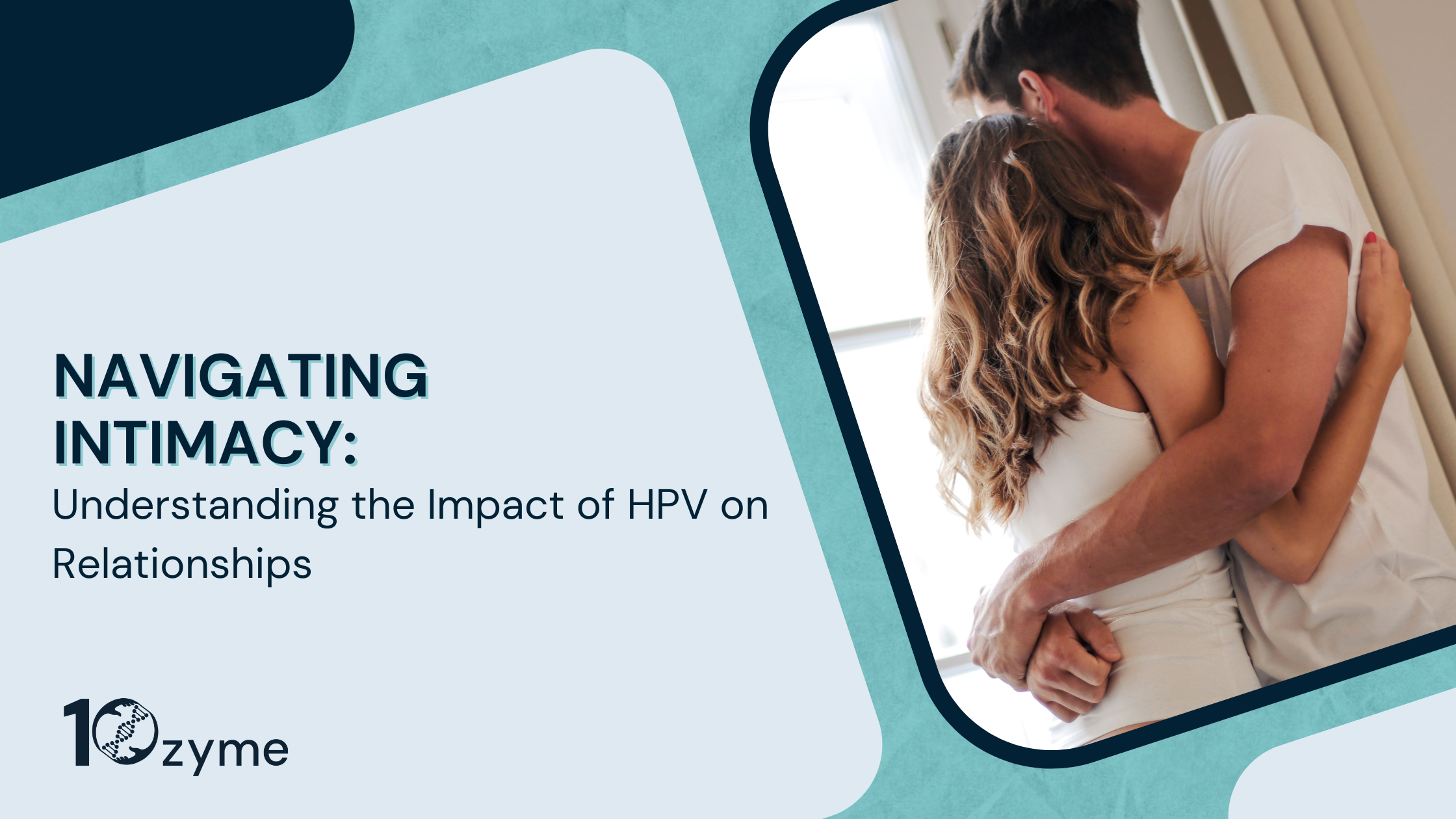


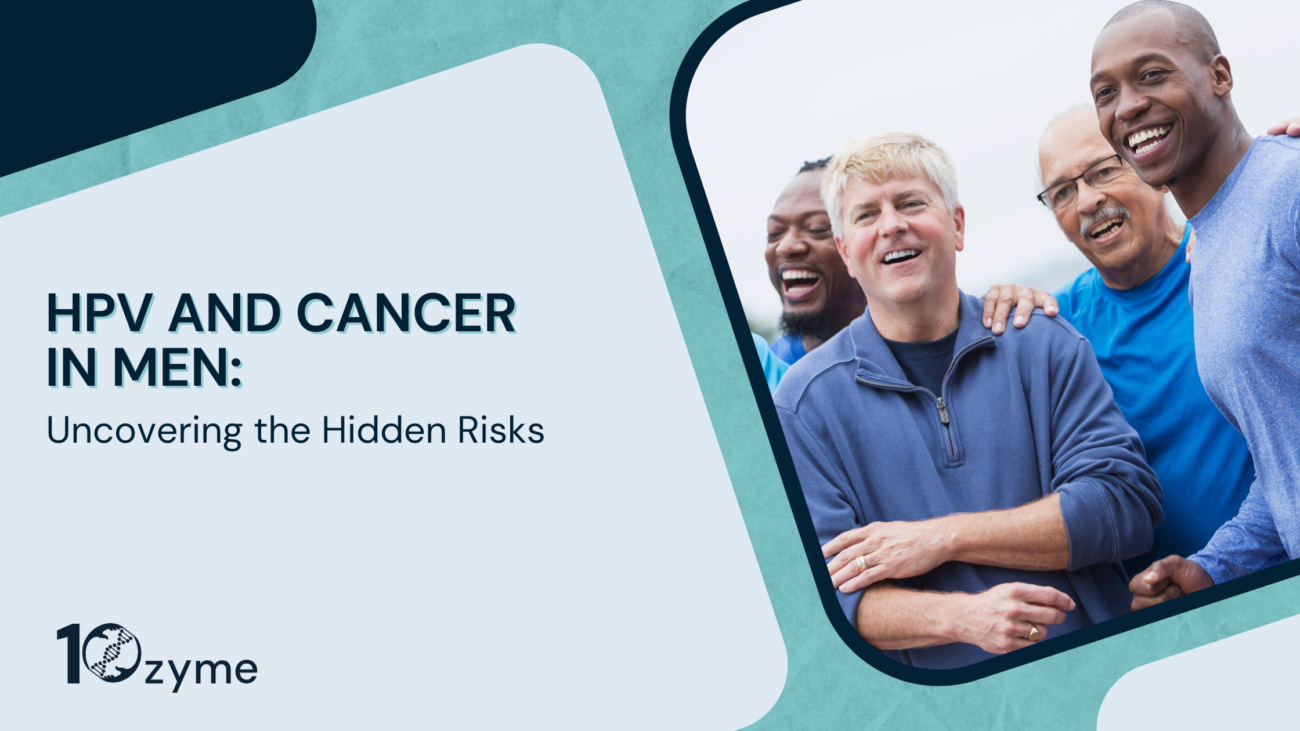
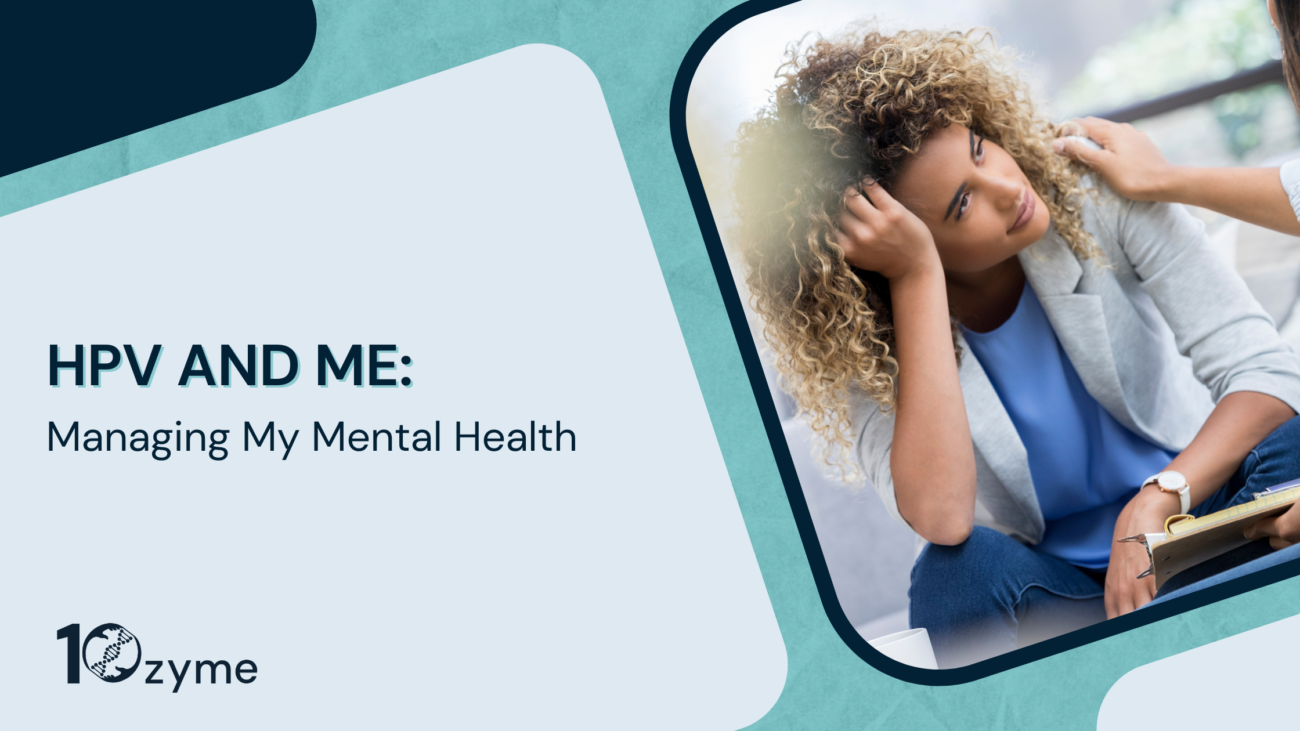
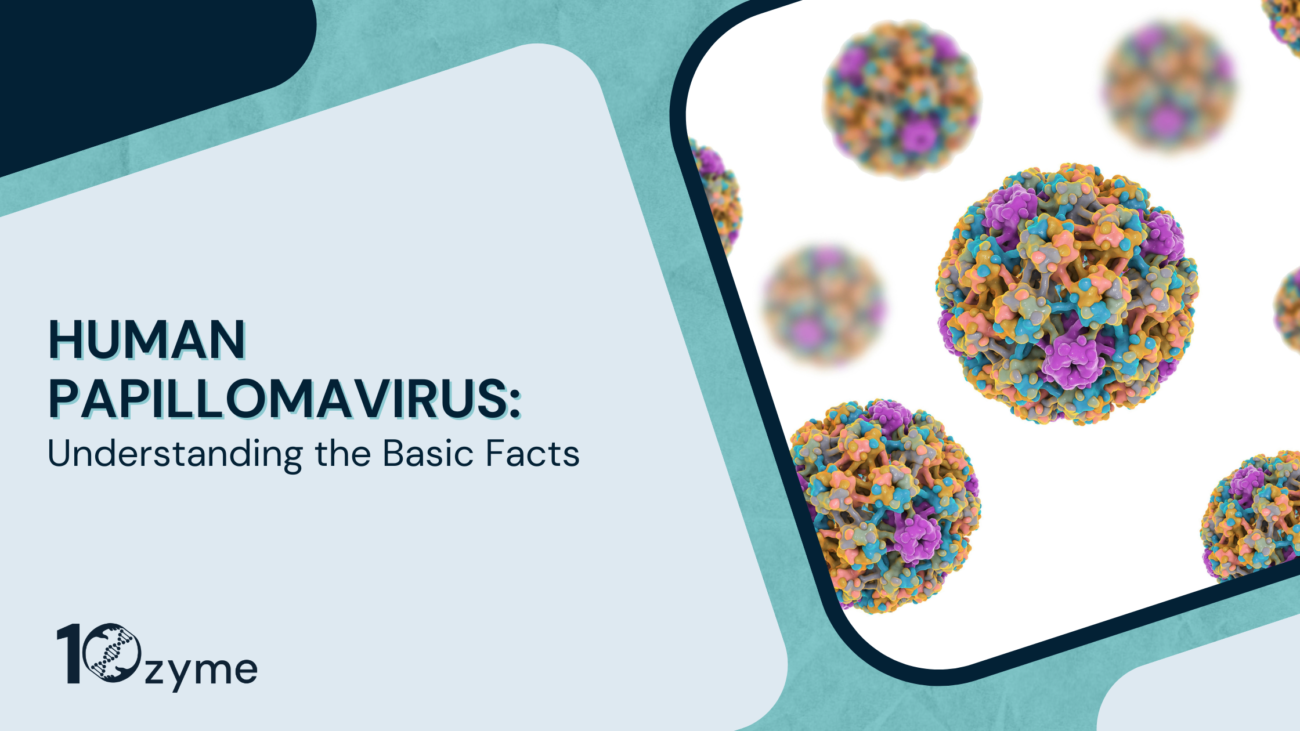
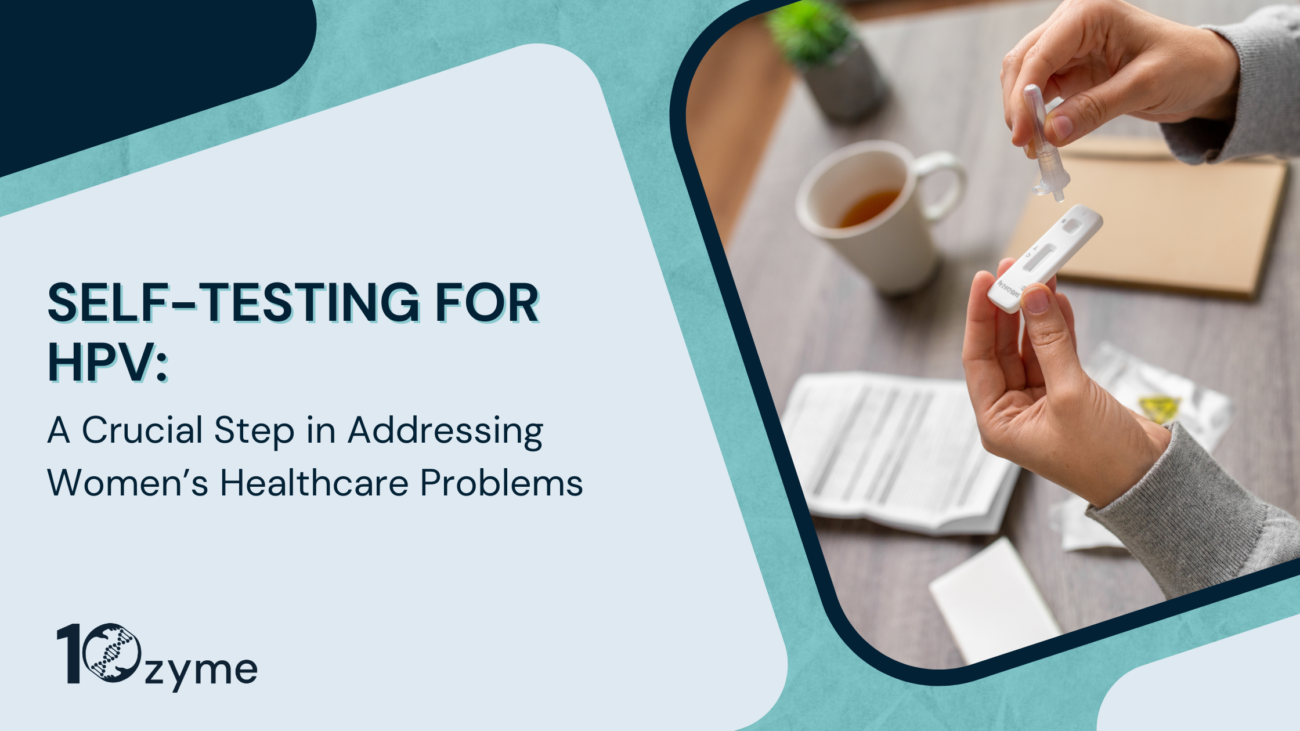
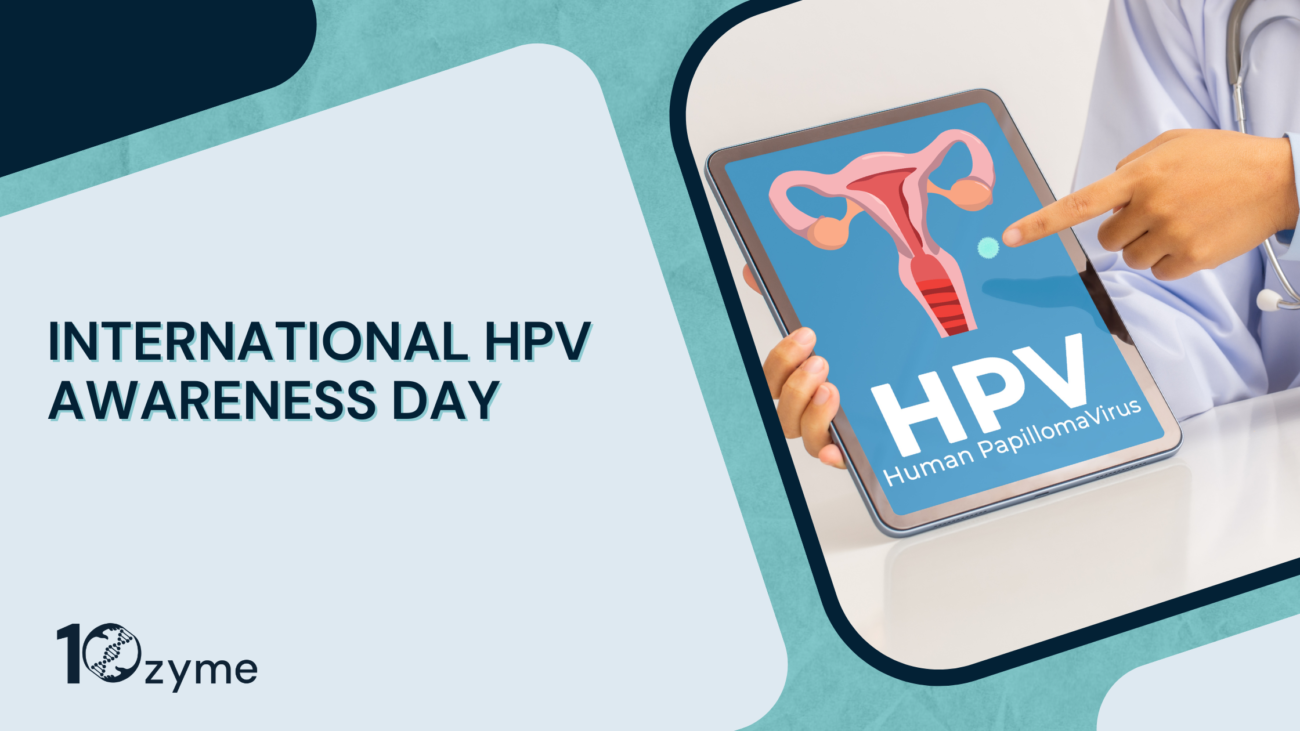
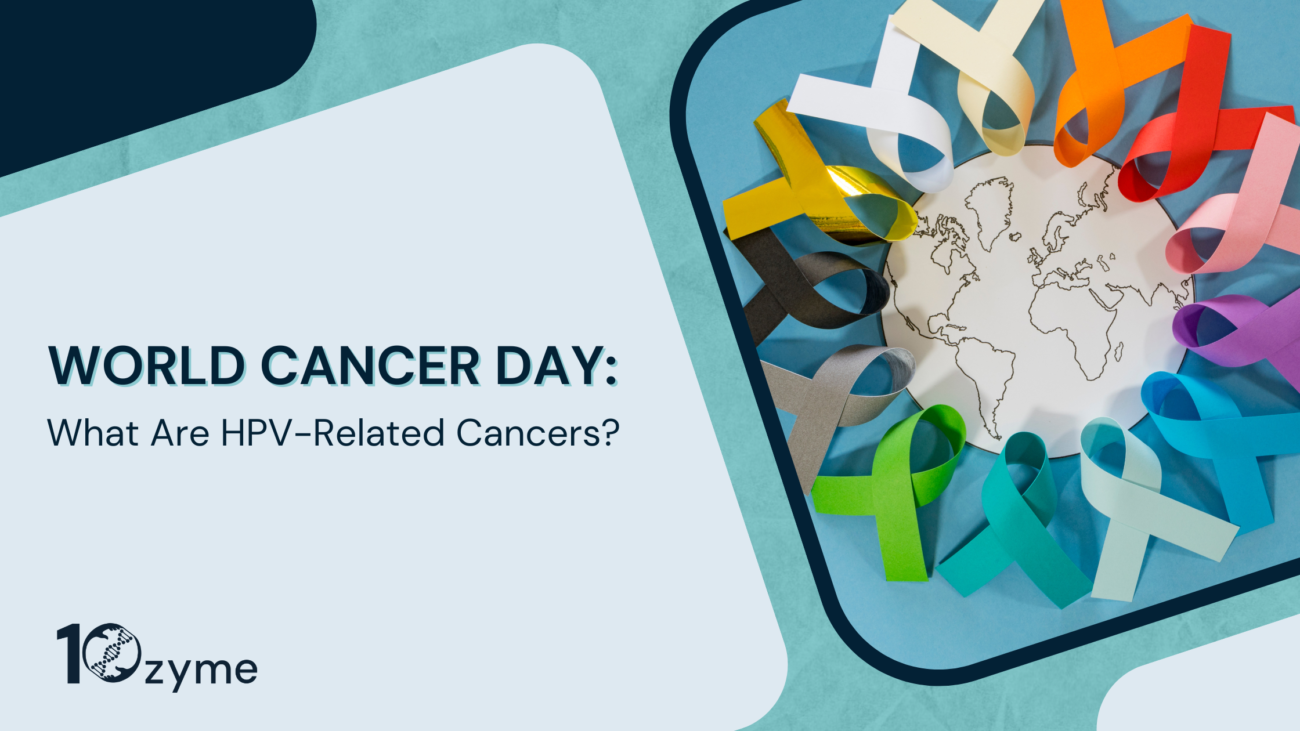
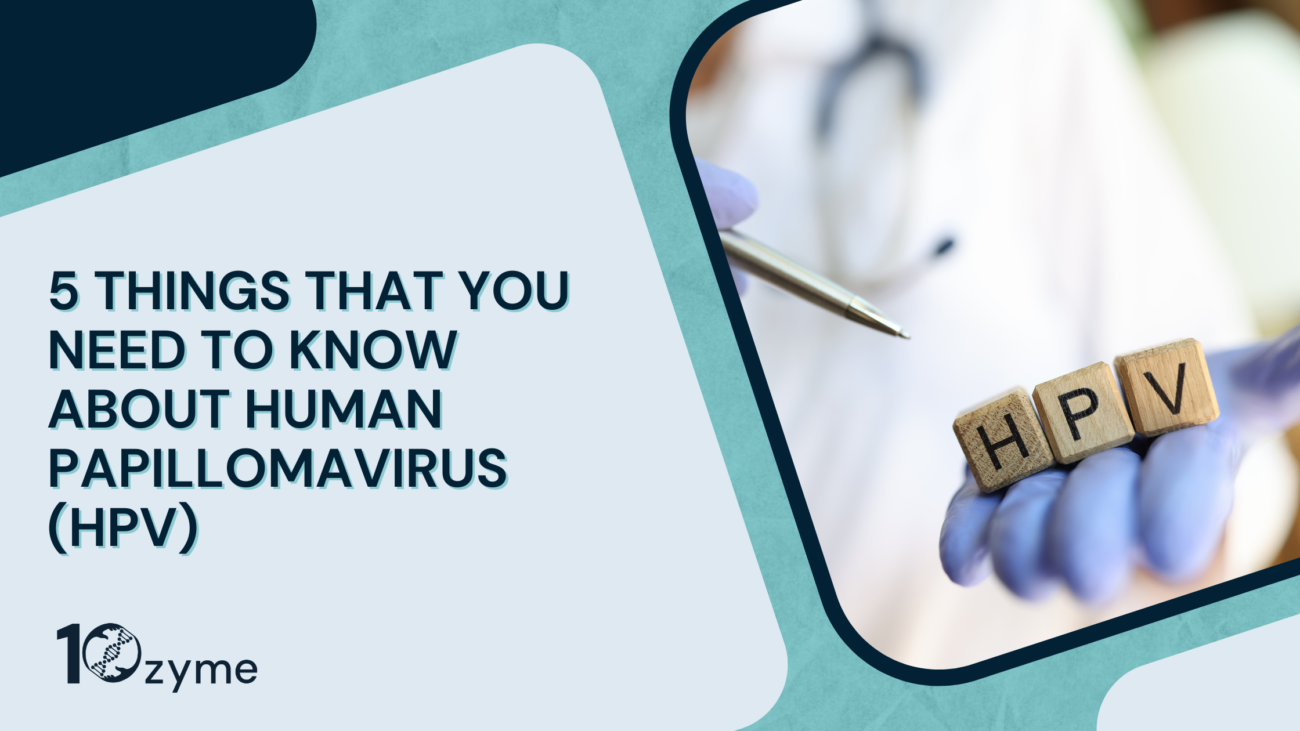

One thought on “Navigating Intimacy: Understanding the Impact of HPV on Relationships”